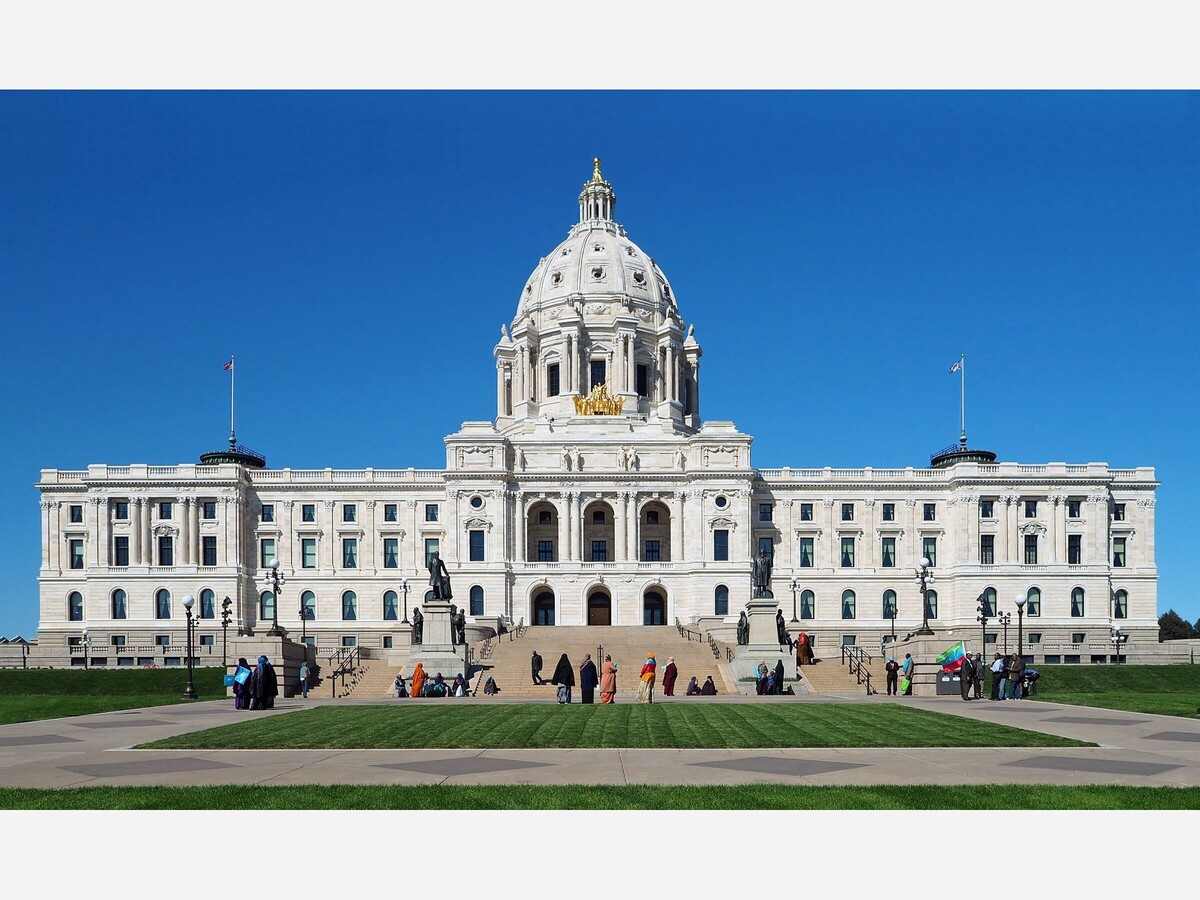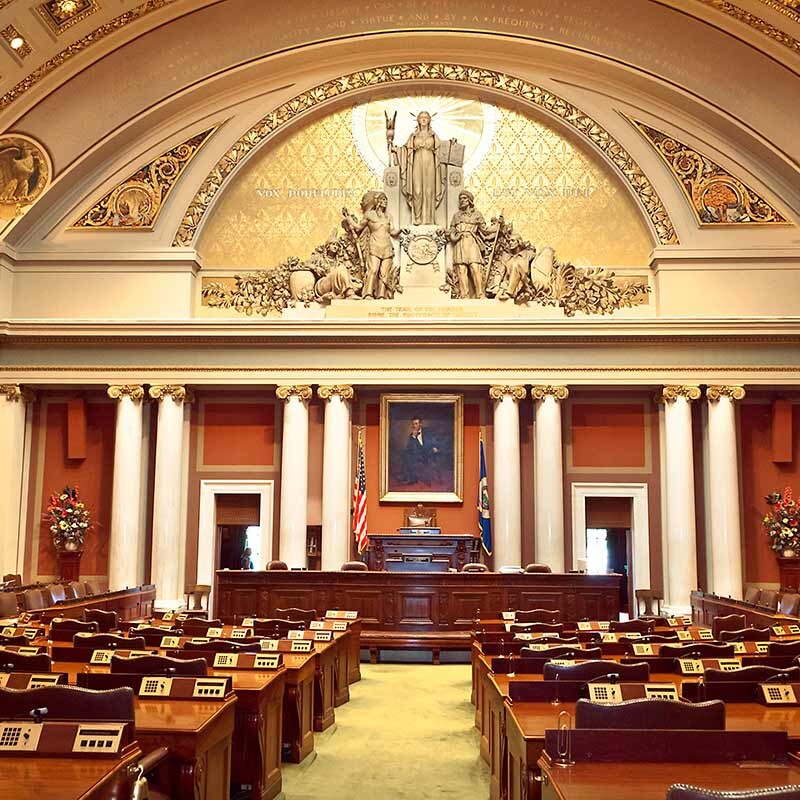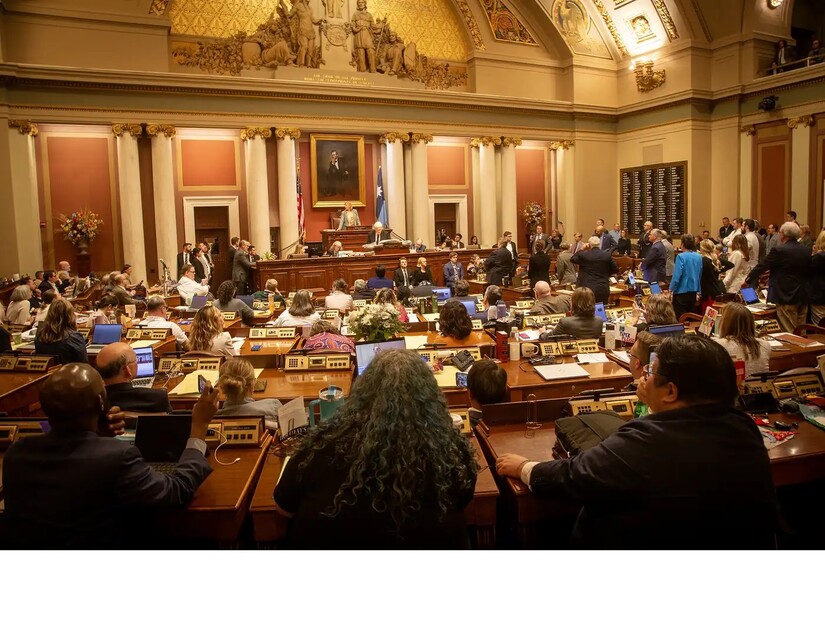Image


ST. PAUL, MN — Minnesota is on track to break its record for the most special elections in a single year after two sitting state representatives won new offices, creating additional vacancies in the House.

Rep. Kaohly Her (DFL–St. Paul) made history Tuesday by winning the mayoral race in St. Paul, becoming the first woman and first Hmong American elected to the city’s top office.
Meanwhile, Rep. Amanda Hemmingsen‑Jaeger (DFL–Woodbury) won election to the Minnesota Senate in District 47, leaving her House seat open.
These moves bring the total number of Minnesota special elections in 2025 to eight, surpassing the previous record of six set in 1994. Earlier elections this year were triggered by a mix of resignations, deaths, and other extraordinary circumstances, including the passing of Speaker Emerita Melissa Hortman and a residency dispute involving Rep.-elect Curtis Johnson.

The Minnesota House is currently tied 67–67. With these two open seats, a flip of just one could give Republicans a majority, granting the party procedural leverage and a greater ability to advance its legislative priorities.
House DFL Leader Rep. Zack Stephenson (DFL–Coon Rapids) expressed confidence that the DFL will retain both seats, citing the districts’ strong Democratic history. “The House DFL Caucus is full of talent … the two vacant seats are in strong DFL areas,” he said.
Even if Republicans gain a majority, any legislation would still require approval from the DFL-controlled Senate and Gov. Tim Walz, limiting drastic policy changes without bipartisan support.

While the 2025 session resulted in passage of a state budget and a bonding bill, several high-profile policy debates are already shaping up for 2026. Anticipated legislation includes proposals on gun control and bills aimed at restricting transgender women and girls from female sports.
The outcome of the upcoming special elections will be critical, determining not only the balance of power in the House but also the legislative trajectory for these contentious issues.
Bottom Line: Minnesota is entering an unprecedented period of political transition, with eight special elections set to reshape the Legislature and influence the state’s policy priorities heading into 2026.